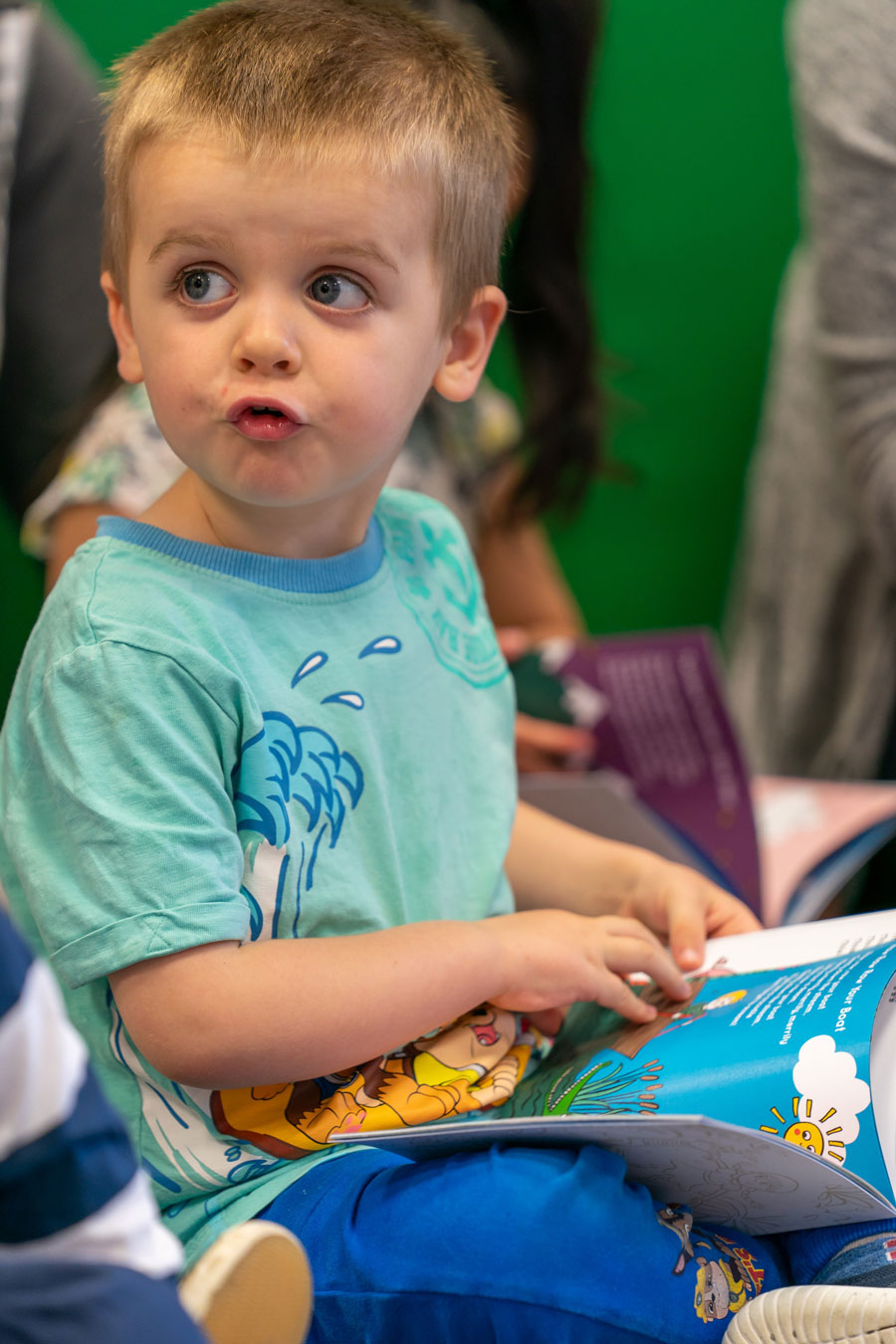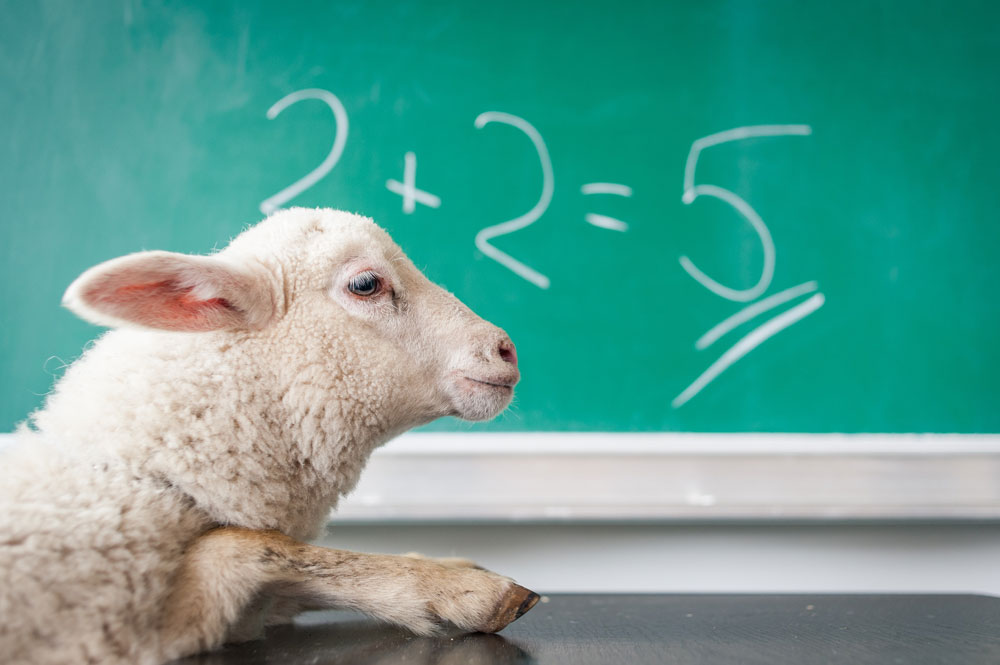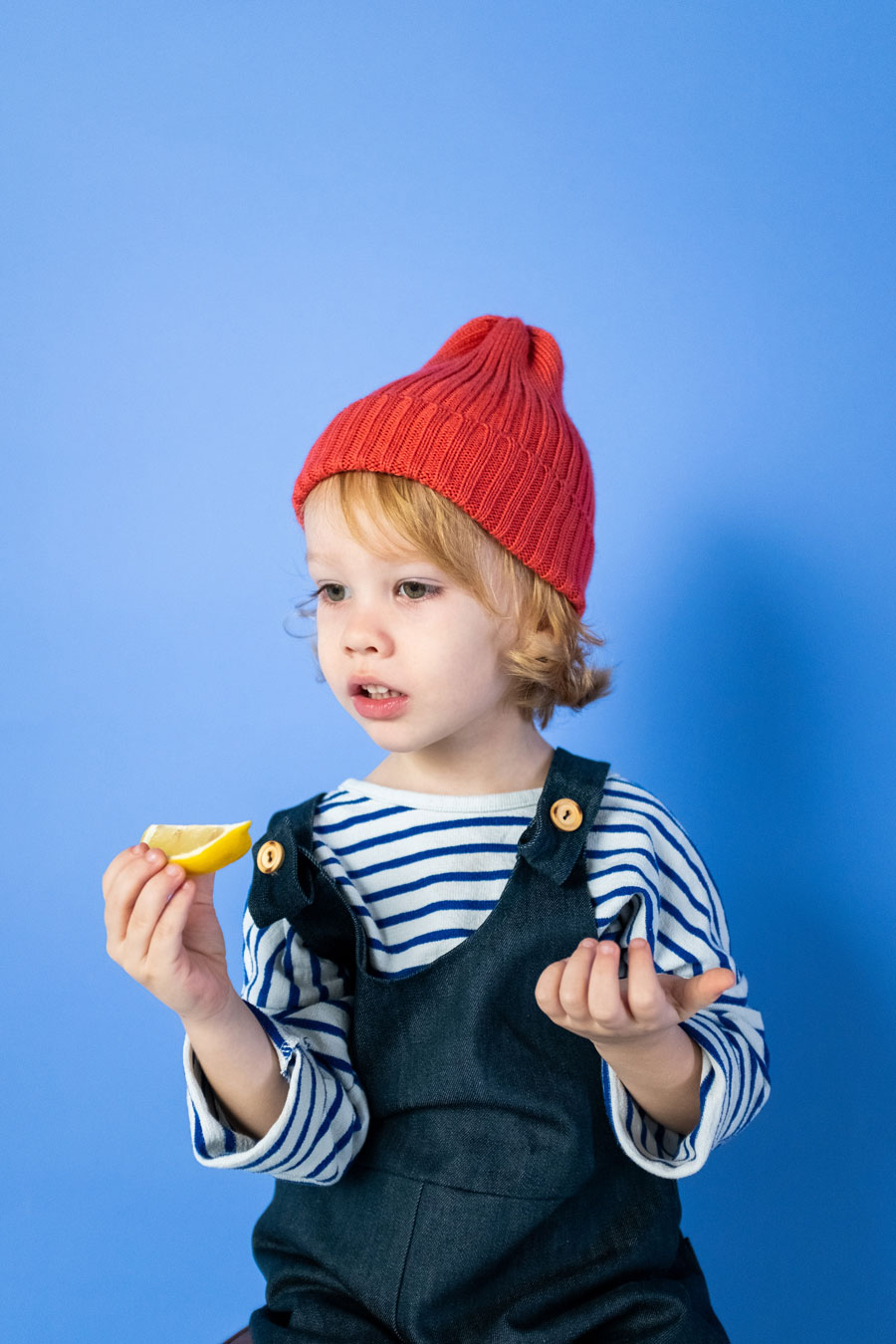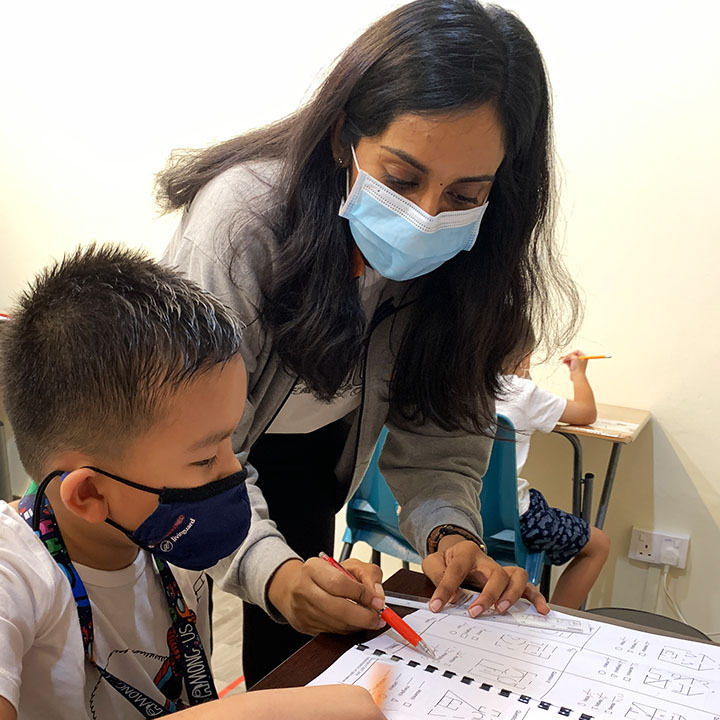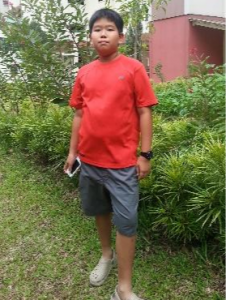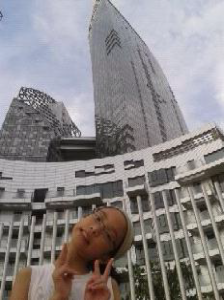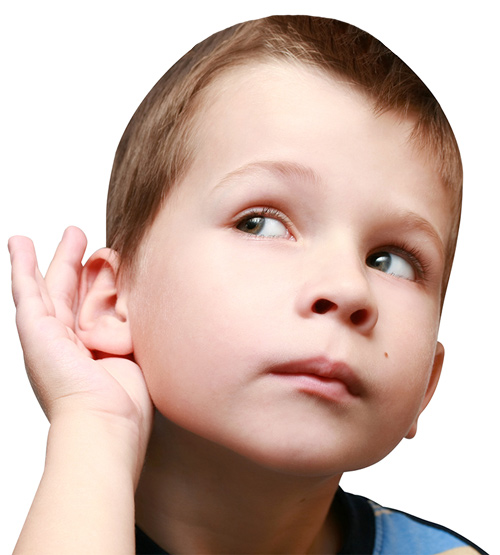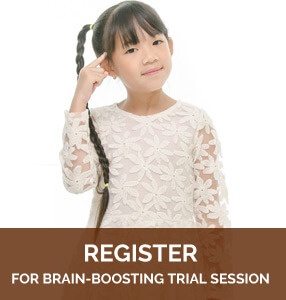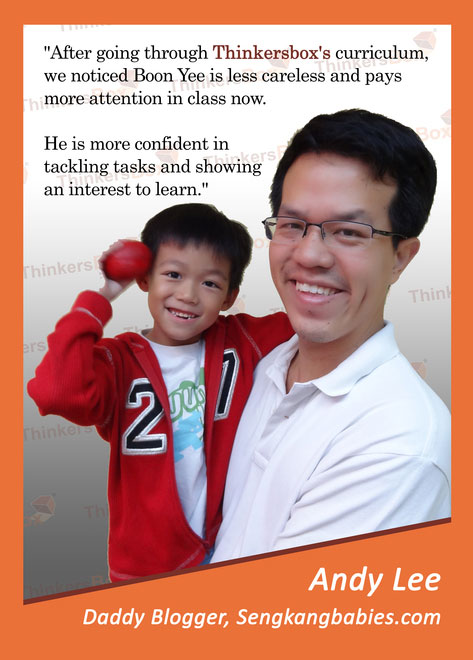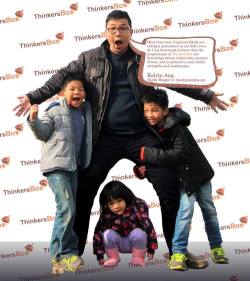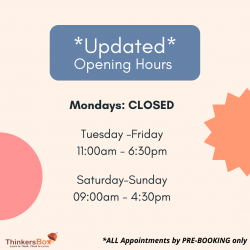
Dear Parents, did you know that a human’s cognitive abilities develop from the ages of 2 to 7 years old? This age is the best age to maximise your child’s mind through brain training.
Brain Training is a series of activities and exercises designed to boost neuronal connections and stimulate mental activity. There is increasing evidence that brain training and enrichment classes can be useful to both children and toddlers.
The brain is split into two hemispheres; the left and the right hemisphere. By training both sides of a child’s brain, they will grow into an individual who excels in both logical and creative thinking abilities.
The Digital Brain: The Memory Archive
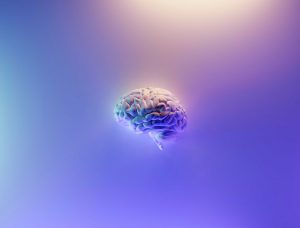
The digital brain is a metaphor for a system for archiving, note-taking, and brainstorming, the left part of the brain hemisphere is associated with memory, speech and language and analytical abilities. Left-brained kids are very strong in verbal communication, calculations, and coding.
Brain training is being used by parents of young toddlers to enhance their cognitive development, both for improving their language skills as well as fostering better memory capabilities.
Memory Training for Kids

Memory training exercises that help in recollection train your left brain. As memory is used for storing and retrieving information, it is crucial to any student’s learning journey. This is especially important in Singapore schools where memorization techniques will help in learning some of the education and curriculum.
These memory techniques are commonly used by teachers or parents, such examples include elaboration, mnemonics, organization, mental imagery, and rehearsal.
Speech And Language: Communication for Children

Speech and language not only help with reading, writing and comprehension in school, but it helps with understanding others too. To develop communication skills in children, speech and language skills are important, this enables them to express themselves fluently and concisely.
Some speech and language techniques to encourage communication include reading to your child, speaking slowly and clearly and even singing nursery rhymes together with younger kids.
Analytical Abilities for Decision Making
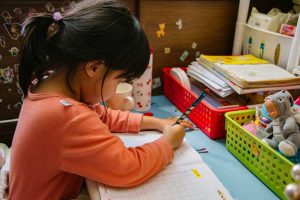
Analytical abilities allow a child to make logical decisions with a thorough thinking process. It is important to nurture analytical abilities to bring out critical thinking, problem-solving and decision-making abilities in kids.
Try asking your child questions, allowing them time to deliberate on their answers. By asking some follow up questions, kids will eventually develop useful critical thinking skills – these are some techniques you can use to train analytical abilities in your children.
The Analogue Brain: The Visual Brain

The analogue brain is involved with spatial awareness and movement, the right part of the brain hemisphere is associated with being very visual, its strengths are attention, creativity, and intuition. Right-brained kids are very strong in arts, music and are more sociable in a group setting.
Right brain training includes techniques that improve visual and listening abilities, speed and other skills that come from learning visually.
Focus To Improve Attention
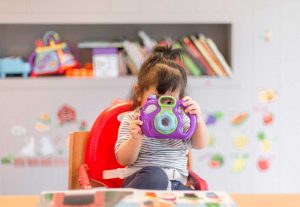
Children who find it difficult to focus might seem disinterested or might be distracted easily while doing tasks such as homework. Improving a child’s focus will have significant benefits such as paying more attention to their surroundings, obeying instructions, and actively listening in conversations. The role of self-control in children to not react on impulse is one of the most beneficial reasons for training their focus.
To improve focus in children, you can create games with their homework to make it more engaging, like tossing a ball back and forth when asking and answering math questions. Another focus technique that parents can use is to set time-based goals for kids to concentrate on their schoolwork, this will allow fewer distractions and they will focus more of their attention on the task assigned.
Creativity and The Arts
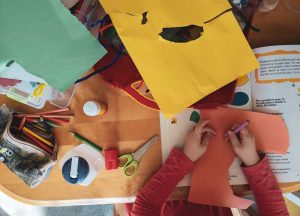
Training creativity helps in self-expression, not only through the arts but for a child to express and cope with their feelings themselves. This also allows kids to be curious and discover new ways of thinking and decision making.
Spending some time with your child to create things with their hands, such as science, art or building projects together can encourage creativity. Giving children the opportunity to think out of the box when playing intriguing board games will foster creative thinking as well.
Bonding and Social Skills
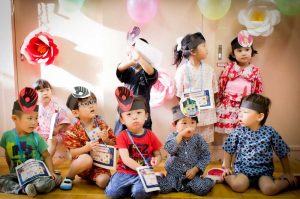
Social skills allow your child to relate to, communicate and connect, these teach your children how to share, build relationships and foster team spirit with others.
Reminding children how to be conscious of others and their surroundings will allow them to be more socially responsible, we can also teach them respect for one another and have teamwork. Playing team games or having interactions with other children will enable your kids to have a sense of unity, concern for others and foster deeper friendships.
Unlock Your Child’s Brain Potential
Whether your child is left or right brained, your encouragement and support as a parent are crucial to maximising their potential. Always teach your child with patience, a calm demeanour, open communication, and open ears.
Would you like to develop and expand your child’s brain potential?
Click here to learn more about brain training for children and join us for our personalised brain training programme.
Citations:
Singapore’s Child, & Singapore’s Child. (2017, October 27). 5 ways right brain training from an early age unleashes your child’s potential. Singapore’s Child. Retrieved October 14, 2021, from https://singaporeschild.com.sg/5-ways-right-brain-training-from-an-early-age-unleashes-your-childs-potential/
Pietrangelo, A. (2019, March 8). Left brain vs. right brain: What’s the difference? Healthline. Retrieved October 14, 2021, from https://www.healthline.com/health/left-brain-vs-right-brain
Characteristics of a left-brained child. Brain Balance Achievement Centers. (n.d.). Retrieved October 14, 2021, from https://www.brainbalancecenters.com/blog/characteristics-left-brained-child
Characteristics of a right-brained child. Brain Balance Achievement Centers. (n.d.). Retrieved October 14, 2021, from https://www.brainbalancecenters.com/blog/characteristics-right-brained-child
Rossignoli-Palomeque, T., Perez-Hernandez, E., & González-Marqués, J. (2018, May 4). Brain training in children and adolescents: Is it scientifically valid? Frontiers in psychology. Retrieved October 14, 2021, from https://www.ncbi.nlm.nih.gov/pmc/articles/PMC5946581/
Wright, L. W. (2021, January 22). 10 ways to improve your grade-schooler’s communication skills. Understood. Retrieved October 14, 2021, from https://www.understood.org/articles/en/10-ways-to-improve-your-grade-schoolers-communication-skills
Liang, Y. (n.d.). 5 tips to develop a child’s curiosity and analytical skills. 5 Tips to Develop a Child’s Curiosity and Analytical Skills. Retrieved October 14, 2021, from https://blog.siliconvalleyinternational.org/5-tips-develop-curiosity-analytical-skills
Understood. (2021, March 26). 6 ways to help your child focus. Understood. Retrieved October 14, 2021, from https://www.understood.org/articles/en/how-to-improve-focus-in-kids
Christine Carter, & Carter, C. C. C. (n.d.). 7 ways to foster creativity in your kids. Greater Good. Retrieved October 14, 2021, from https://greatergood.berkeley.edu/article/item/7_ways_to_foster_creativity_in_your_kids
Amy Morin, L. C. S. W. (2020, October 5). 7 social skills you should start teaching your child now. Verywell Family. Retrieved October 14, 2021, from https://www.verywellfamily.com/seven-social-skills-for-kids-4589865




